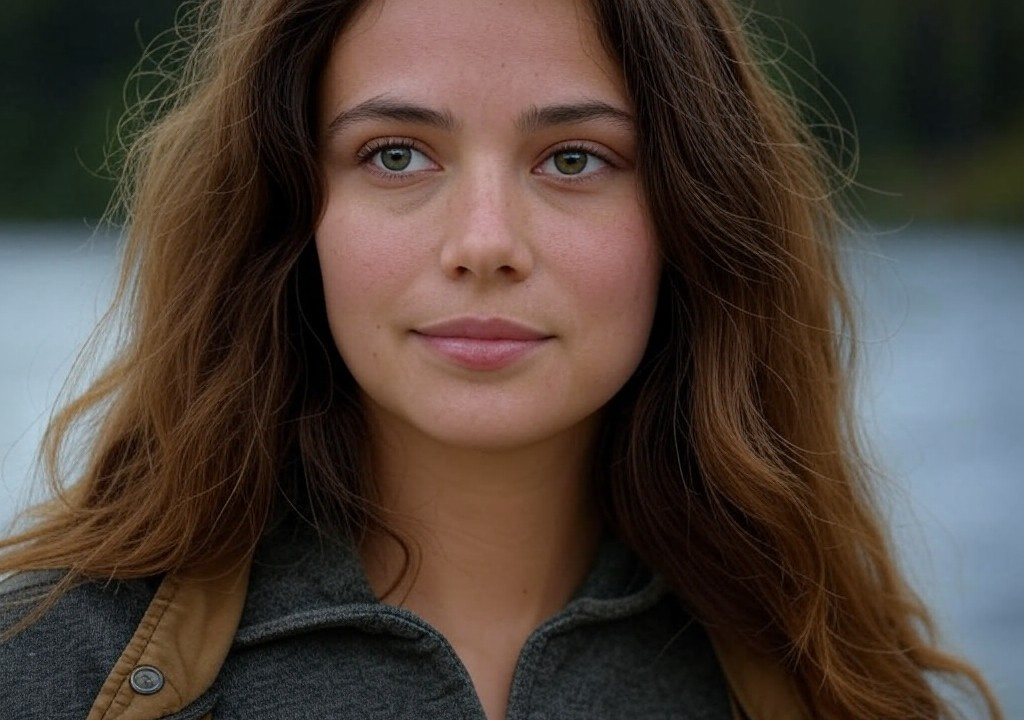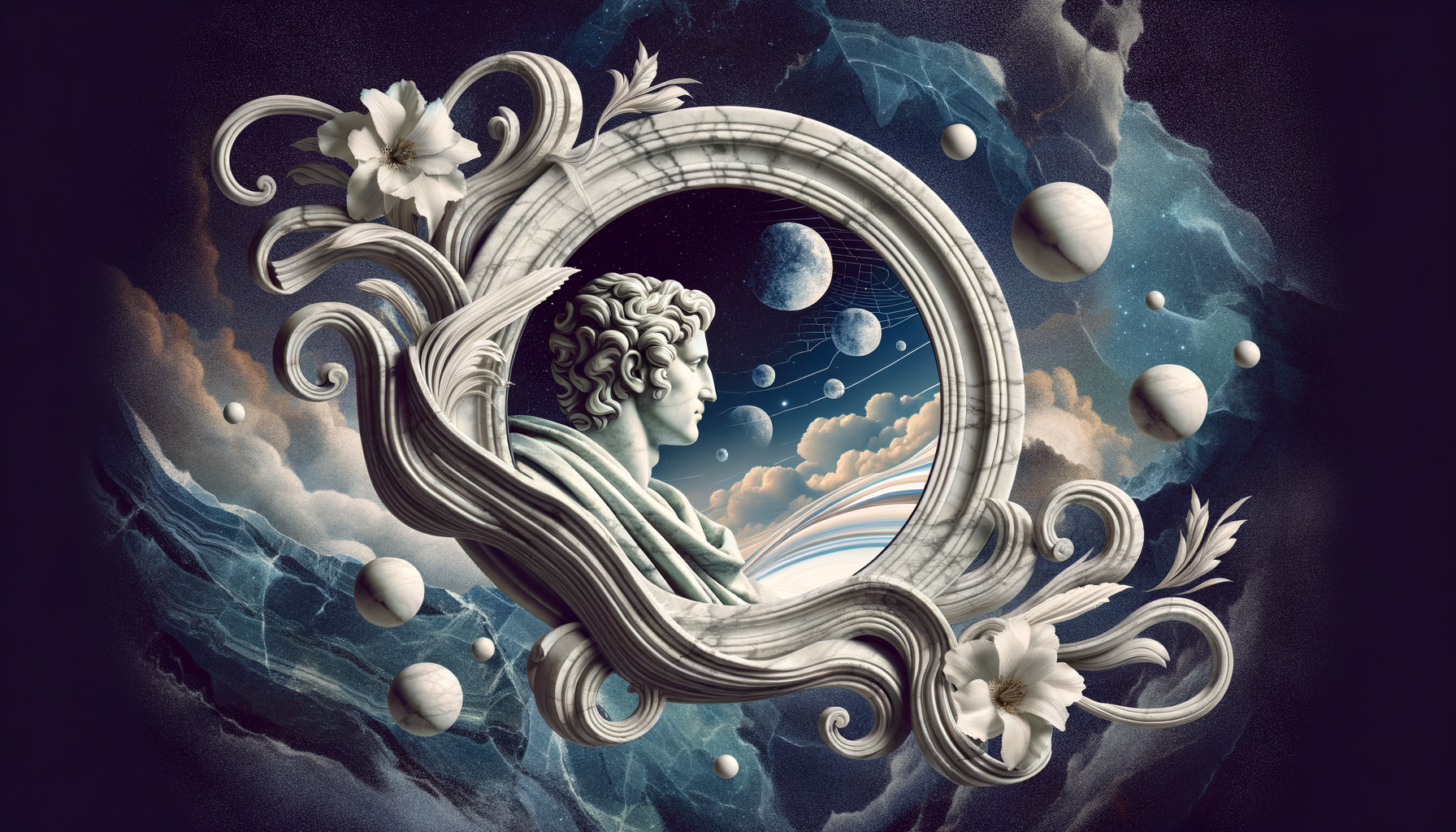When Love Goes Off the Rails: Lessons Learned from Relationships Gone Awry
Let’s face it: if relationships came with GPS systems, half of us would still manage to “recalculate route.” Love, while exhilarating, is messy, unpredictable, and often involves a fair number of wrong turns. The good news? Every relationship misstep is a chance to learn, grow, and maybe even laugh about it someday (just, you know, after the sting wears off).
In the spirit of humor and hindsight, here’s a deep dive into what relationships that went sideways can teach us. Whether it’s your own love life or your best friend’s escapades with their ex “artistic revolutionary” (who still lived in their mom’s basement), there are gems of wisdom tucked into every disastrous, cringe-worthy chapter of romance.
Ghost Stories: When Communication Goes Casper
We’ve all been there: sitting alone with a burgeoning text thread that suddenly stops mid-conversation. Maybe your last text included a typo, or maybe your witty reply wasn’t as witty as you thought. Either way, it ends in radio silence—and a flood of overanalysis like your life is suddenly a one-woman episode of CSI: Dating Victims Unit.
Here’s the thing: ghosting happens, and it sucks. But freaking out over what could’ve gone wrong is like trying to count the ripples on Lake Coeur d’Alene—exhausting, endless, and ultimately unproductive. Sometimes people vanish because they don’t know how to deal with their own emotions. Or maybe, as I realized after examining my own ghoster database, they simply weren’t that invested to begin with.
What I Learned:
• If they disappear without explanation, it’s not your job to go on a scavenger hunt for answers.
• Keep the focus forward. There’s always another flesh-and-blood human out there who isn’t allergic to basic text etiquette.
• A good relationship starts with respect—and their ghosting was the ultimate proof they weren’t worth yours.
The Fixer-Upper Trap: When Compatibility Takes a Backseat
Ever found yourself thinking, “They’d be perfect if I could just change X, Y, and their entire personality”? Yeah, I’ve been there—and spoiler alert—so have most HGTV interns trying to “flip” a fixer-upper with duct tape and sheer optimism.
One of my most profound relationship missteps came in my early 20s when I started dating (read: trying to rehabilitate) a rebellious artist who lived out of his van. For the first two months, I thought I could sandpaper off his rough edges and turn him into a stable partner. But people are not Pinterest boards, and no amount of effort can turn someone into what you want if they aren’t willing to put in the work themselves. All I got for my trouble was emotional whiplash and a firm reminder to stop treating relationships as DIY projects.
What I Learned:
• If you find yourself playing therapist, life coach, or parole officer more than girlfriend/boyfriend/partner, it’s time to let go.
• Healthy relationships are about two equals walking side by side—not one person dragging the other along.
• Don’t confuse someone “being a work in progress” with them having zero plans to grow.
Opposites Attract—Until They Don’t
Maybe it’s because I grew up surrounded by quiet lakes and towering pine forests, but I’ve always gravitated toward people whose lives felt wildly different from mine. City kids? Adrenaline junkies? Highly charismatic extroverts who could make a houseplant laugh? Yes, please.
For a while, these whirlwind relationships felt electric—a buzzing ball of passion and banter. But eventually, cracks in the foundation would appear, and I realized that polar-opposite values aren’t romantic when they leave you fundamentally at odds. For instance, not understanding why I’d want to stay home on a Friday night and reread East of Eden may sound trivial, but long-term, those disconnects add up.
These relationships taught me something huge: liking someone doesn’t guarantee you’re built for the same future. And loving yourself means recognizing when it’s time to walk away from an otherwise glittery but unstable union.
What I Learned:
• Shared interests are cute, but similar values and goals are essential.
• If you’re constantly bending to accommodate someone else’s lifestyle, you’ll snap before they notice.
• Opposites attract, but alignment sustains.
The Post-Breakup Glow-Up: Turning Pain Into Growth
When Lake Coeur d’Alene freezes in winter, you can see the beauty of it—how its icy surface reflects the stillness of the season. That’s how I’ve come to view breakups, especially the hard ones: a chance to pause, reflect, and eventually rebuild in a way that’s stronger and more resilient.
My most painful breakup happened after grad school when I thought I’d found forever in someone who shared my love of slow mornings and epic hikes. It ended abruptly, leaving me tearfully binge-watching Parks & Rec and asking my dog if I’d die alone in the Idaho wilderness. Looking back, though, it was pivotal. Being forced to untangle myself from someone who didn’t see my worth is what ultimately taught me to prioritize myself.
It wasn’t immediate, but that year, I dove into projects for the conservation nonprofit I worked for, started journaling again, and rediscovered the joy of solo adventures. I came out of that breakup kinder, smarter, tougher—and genuinely excited for what might come next (and no, not in a Hallmark-movie-meets-midlife-crisis kind of way).
What I Learned:
• Healing is a process, but each step forward brings clarity.
• Use post-breakup time to pour energy into yourself. You’ll emerge better for it.
• Pain may shape you, but it doesn’t define you.
Closing the Chapter: Love Lessons That Last
When relationships go haywire, it’s easy to see the whole thing as a waste of time. But here’s the truth: every connection (no matter how chaotic) leaves you with something—whether it’s a clearer sense of your boundaries, a better understanding of what you want, or simply a wild story to tell your friends.
It’s like paddling out onto a lake you’ve never explored before. You might hit rocks you didn’t see coming, and your canoe might tip once or twice. But with each trip, you become a better navigator, learning to read the water and adjust your course. Relationships aren’t so different—only with higher stakes and possibly fewer paddles.
So here’s my advice: embrace the awkward, the imperfect, and the downright messy moments as part of the ride. Love is a journey, not a destination. And even when it feels like your map just blew overboard, you’ll find your way—maybe with a hell of a story to share around the campfire.




















